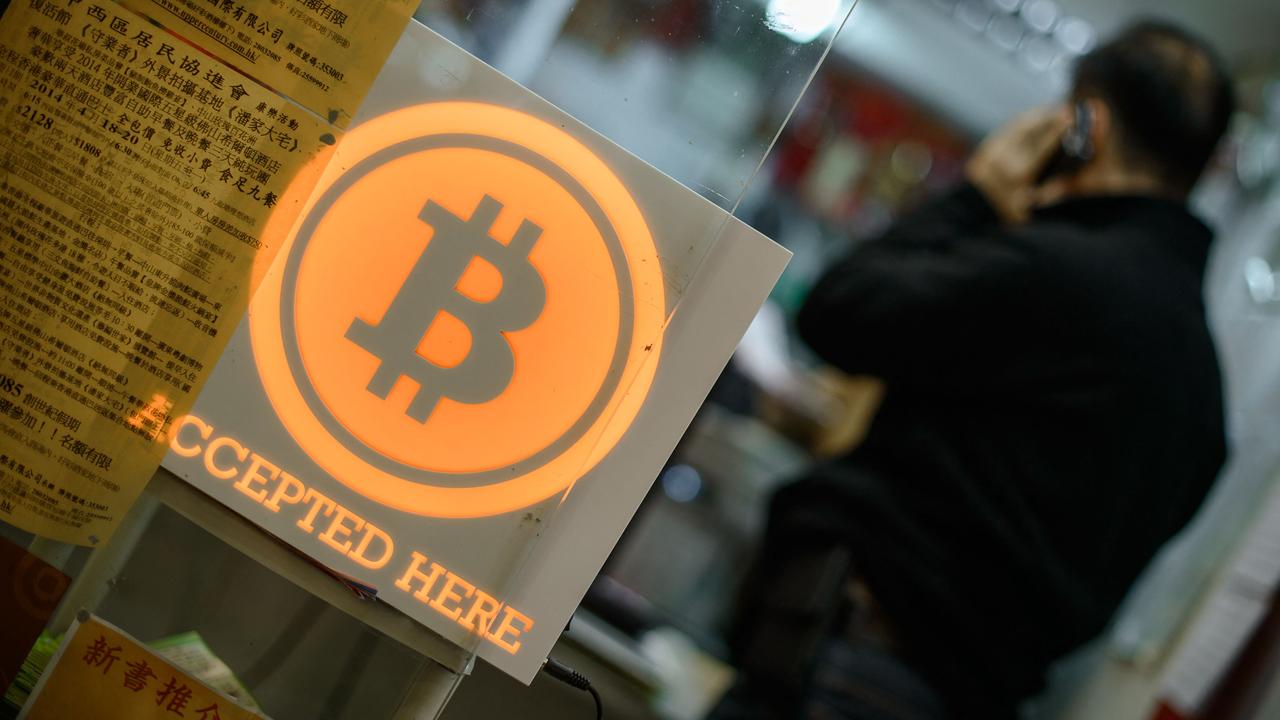Tax office closely tracking cryptocurrency: Here’s how to avoid trouble
The ATO is closely tracking cryptocurrency transactions this year and warns investors they face penalties and audits if they ignore their tax obligations.

More than 600,000 Australians have invested in crypto assets in recent years, and undoubtedly many of them need some advice as we head towards tax time.
While the Australian Taxation Office has been watching cryptocurrency for years, their data analysis shows a dramatic increase in trading since the beginning of 2020, so it will be a key focus in scrutinising this year’s returns.
Assistant commissioner Tim Loh said the ATO would directly contact about 100,000 taxpayers with cryptocurrency assets explaining their tax obligations and urging them to review their previously lodged returns.
“We also expect to prompt almost 300,000 taxpayers as they lodge their 2021 tax return,” Mr Loh said.
Many taxpayers mistakenly believe their gains from cryptocurrencies like Bitcoin and Ethereum are tax free or only taxable when the holdings are cashed back into Australian dollars, but they are in fact treated similarly to gains from other investments such as shares.
Movements within a digital wallet also count, so it’s wrong to think tax is only payable once all of your crypto holdings have been sold.
RELATED: Bitcoin crashes on harsh China crackdown

RELATED: ‘Extreme fear’: Cryptocurrency’s uncertain future
“Generally, as an investor, if you buy, sell, swap for fiat currency, or exchange one cryptocurrency for another, it will be subject to capital gains tax and must be reported,” Mr Loh explained.
“For example if you exchange Bitcoin for Ethereum, that would trigger a taxable transaction.
“If you swap crypto currency for Australian dollars is another potential taxable transaction and when you buy goods and services with cryptocurrency it can also potentially create a taxable transaction.
“CGT (capital gains tax) also applies to the disposal of non-fungible tokens (NFTs).”
It’s a big mistake to think that because cryptocurrency seems to operate in an anonymous digital world, your transactions won’t be seen.
“We are alarmed that some taxpayers think that the anonymity of cryptocurrencies provides a licence to ignore their tax obligations,” Mr Loh said.
RELATED: China cracks down on bitcoin to make its own cryptocurrency

RELATED: Elon Musk pumps dogecoin with ‘CEO’ tweet
Crypto transactions are being closely tracked by the ATO, which matches data from cryptocurrency designated service providers, banks and other financial institutions to an individual’s tax return.
“We actually have data matching protocols with these cryptocurrency exchanges and they provide us with that information,” Mr Loh said.
“We track how it interacts with the ‘real world’.
“This is a game of hide and seek – we want people to do the right thing.”
So how do you ensure you’re not falling foul of your tax obligations given crypto can be complicated?
“The best tip to nail your cryptocurrency gains and losses is to keep accurate records, including dates of transactions, the value in Australian dollars at the time of the transactions, what the transactions were for, and who the other party was, even if it’s just their wallet address,” Mr Loh said.

Use cryptocurrency accounting software or a trusty old spreadsheet to keep track of your trading, he advises.
“It’s really important to include these gains and losses ... because if you don’t, it can slow down your tax return and potentially if you’re entitled to a tax refund,” Mr Loh said.
“There is some great crypto accounting software that makes this job a lot easier.”
For businesses or sole traders that are paid cryptocurrency for goods or services, these payments will be taxed as income based on the value of the cryptocurrency in Australian dollars at the time of the transaction.
“If you realise you’ve made a mistake and correct your return, we will significantly reduce penalties,” Mr Loh said.
“However, failing to report on crypto assets and not taking action when reminded will prompt penalties and potentially an audit.”
There’s good news for crypto investors who are in it for the long haul: If you hold for at least 12 months – known in the crypto world as “hodling”, a deliberate misspelling of “holding” – you may be entitled to a CGT discount if you have made a capital gain.
Check out this ATO fact sheet for more information.




